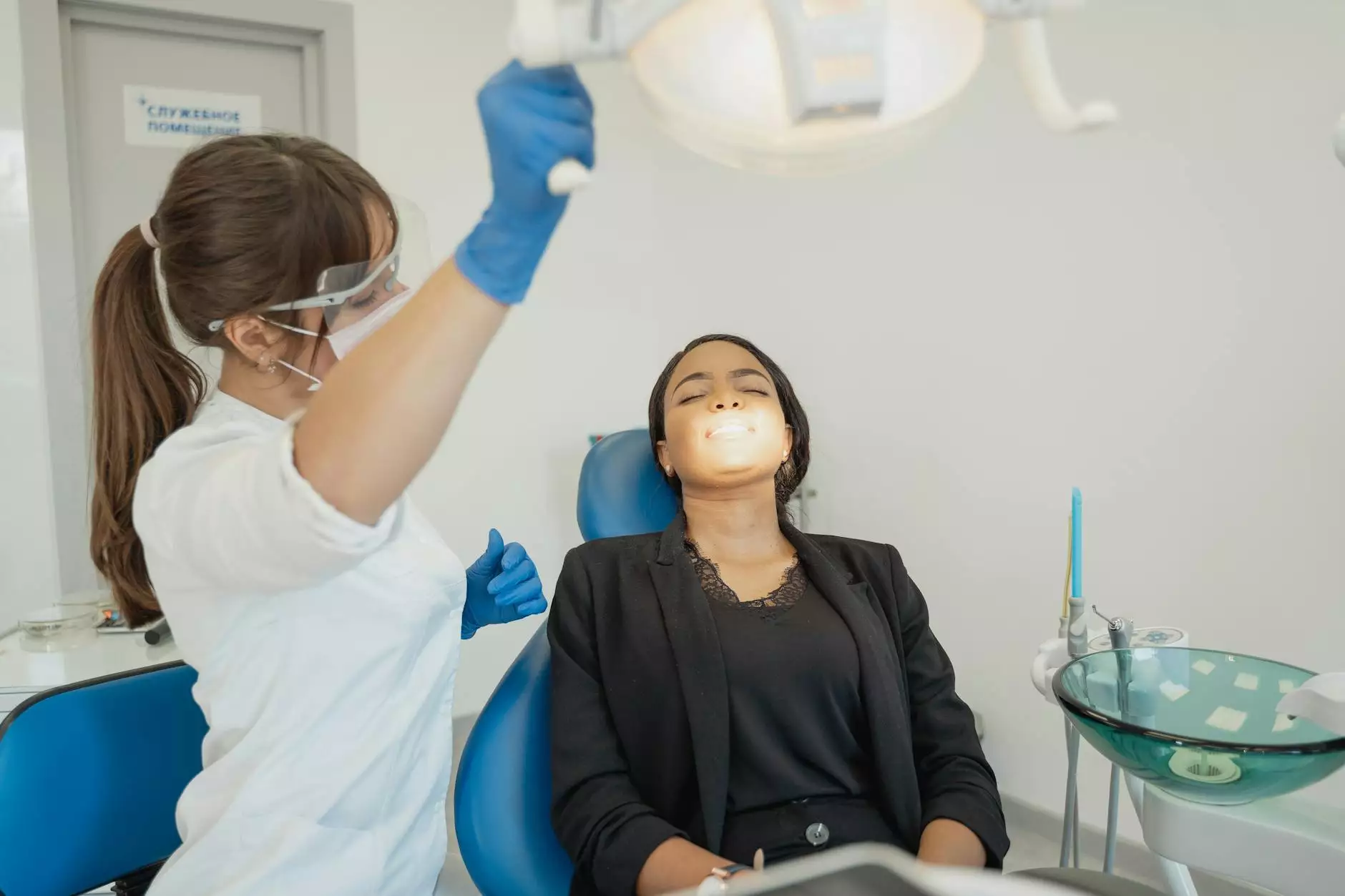Biomedical Engineering in UAE: Revolutionizing Healthcare

The biomedical engineering sector in the UAE is flourishing, merging innovative technologies with medicine to enhance patient care and health outcomes. This field has emerged as a cornerstone of the healthcare landscape, leading to significant transformations across hospitals, research institutions, and medical device companies.
Understanding Biomedical Engineering
Biomedical engineering integrates principles from engineering, biology, and medicine to create solutions that improve healthcare delivery. Professionals in this field work on diverse projects, from developing advanced medical devices to incorporating robotic systems in surgical procedures.
The Growth of Biomedical Engineering in UAE
In recent years, the UAE has invested heavily in the healthcare sector, propelling the growth of biomedical engineering. Government initiatives, such as the UAE Vision 2021 and the Dubai Health Strategy 2021, highlight the country's commitment to enhancing healthcare through innovative technologies.
Key Facts and Statistics
- The UAE healthcare market was valued at approximately $18.1 billion in 2020 and is projected to grow significantly by 2027.
- Over 5,000 healthcare facilities operate within the UAE, creating a high demand for biomedical engineering professionals.
- With a shifting focus towards preventive care, biomedical engineering plays an essential role in developing technologies for early disease detection.
Career Opportunities in Biomedical Engineering
The demand for skilled professionals in biomedical engineering in UAE is soaring. Graduates and experienced individuals can find diverse opportunities in various sectors:
Employment Sectors
- Healthcare Institutions: Hospitals and clinics require biomedical engineers for the maintenance and development of medical equipment.
- Medical Device Manufacturing: Companies that design and produce medical devices seek engineers with specialized knowledge in product development and regulatory compliance.
- Research and Development: R&D sectors in universities and private institutions focus on innovating solutions for existing medical challenges.
- Consulting Services: Professionals may work as consultants, assisting healthcare organizations in optimizing their operations and technology.
Essential Skills for Success in Biomedical Engineering
To excel in the field of biomedical engineering, candidates need a mix of technical expertise and soft skills:
- Technical Proficiency: Mastering concepts of engineering, biology, and material science is crucial. Familiarity with computer-aided design (CAD) software for creating schematics is beneficial.
- Problem-Solving Skills: The ability to tackle complex engineering problems and develop innovative solutions is paramount.
- Communication Skills: Engineers must effectively communicate with multidisciplinary teams, including physicians and regulatory bodies.
- Project Management: Understanding project timelines, budgeting, and resource allocation can set candidates apart in the competitive landscape.
Educational Pathways
Pursuing a career in biomedical engineering typically begins with obtaining a degree in biomedical engineering or a related field. Here’s a detailed look at the educational pathways:
Undergraduate Programs
A bachelor's degree in biomedical engineering or a closely related field is the foundational step for aspiring engineers. Some institutions in the UAE offering reputable programs include:
- University of Sharjah
- Khalifa University
- American University of Sharjah
- UAE University
Postgraduate Studies
Many professionals choose to further their education through master's or doctoral programs, specializing in areas such as biomaterials, medical imaging, or biomechanics. These advanced degrees enable engineers to take on research roles or managerial positions.
Engineering Ethics and Regulations
Biomedical engineers must adhere to strict ethical standards and regulatory guidelines concerning patient safety and product efficacy. Understanding the UAE's healthcare regulations is essential for professionals working in this sector. Key regulatory bodies include:
- The Ministry of Health and Prevention (MoHAP)
- The Health Authority - Abu Dhabi (HAAD)
- The Dubai Health Authority (DHA)
Innovations in Biomedical Engineering
Innovation drives the field of biomedical engineering. Here are some of the latest trends and technologies reshaping healthcare in the UAE:
Telemedicine and Remote Monitoring
With the advent of digital health, telemedicine has gained traction, allowing healthcare professionals to monitor patients remotely. Biomedical engineers play a vital role in developing sophisticated systems for data collection and analysis.
Wearable Health Technologies
Wearables such as smartwatches and fitness trackers monitor vital signs and encourage preventive healthcare measures. Biomedical engineers design these devices, ensuring accuracy and ease of use.
3D Printing in Medicine
3D printing technology has revolutionized the creation of custom prosthetics, implants, and even biological tissues. Engineers are at the forefront of this innovation, tailoring solutions to individual patient needs.
The Future of Biomedical Engineering in the UAE
The future looks incredibly bright for biomedical engineering in UAE. With ongoing investments and advancements in technology, we can expect:
- Increased job opportunities across various sectors.
- Enhanced collaboration between engineers and healthcare providers to address pressing health challenges.
- Continued innovation in medical device development and healthcare technology.
Conclusion
In conclusion, the field of biomedical engineering in UAE stands as a beacon of innovation in the healthcare sector. As the country continues to embrace advanced technologies and foster a culture of research and development, the opportunities for professionals in this area are limitless. Graduating from a leading university and gaining hands-on experience through internships can further enhance your career prospects. As the landscape of healthcare continues to evolve, biomedical engineers will play a pivotal role in shaping the future of patient care, making it essential for individuals interested in this field to stay informed about advancements and emerging technologies.








